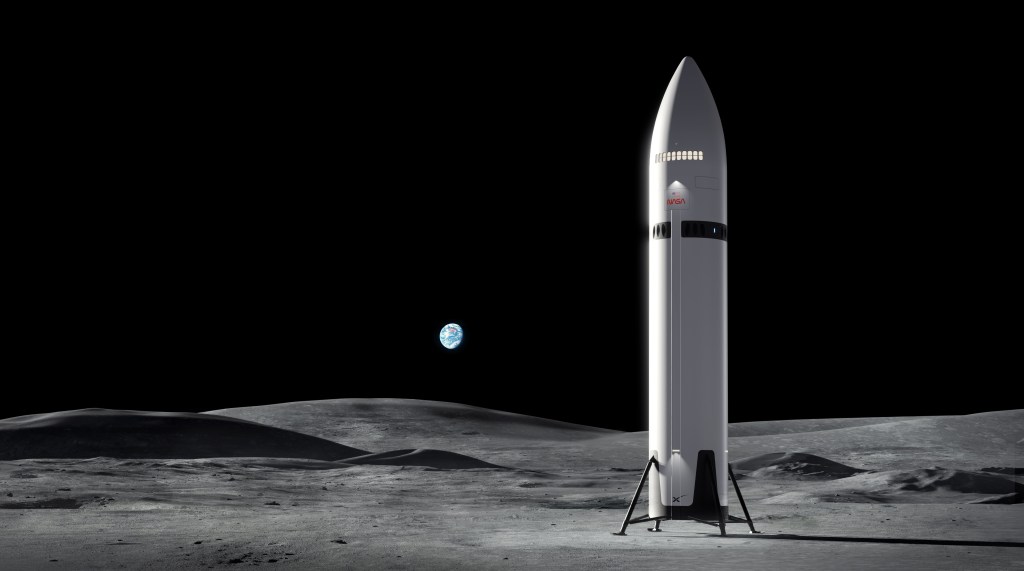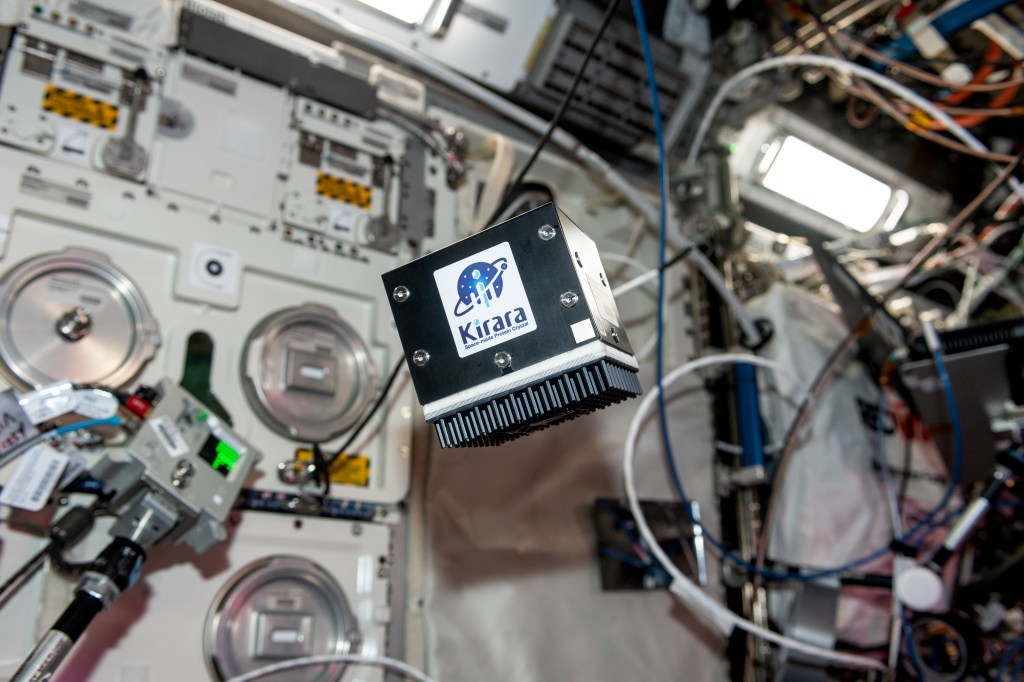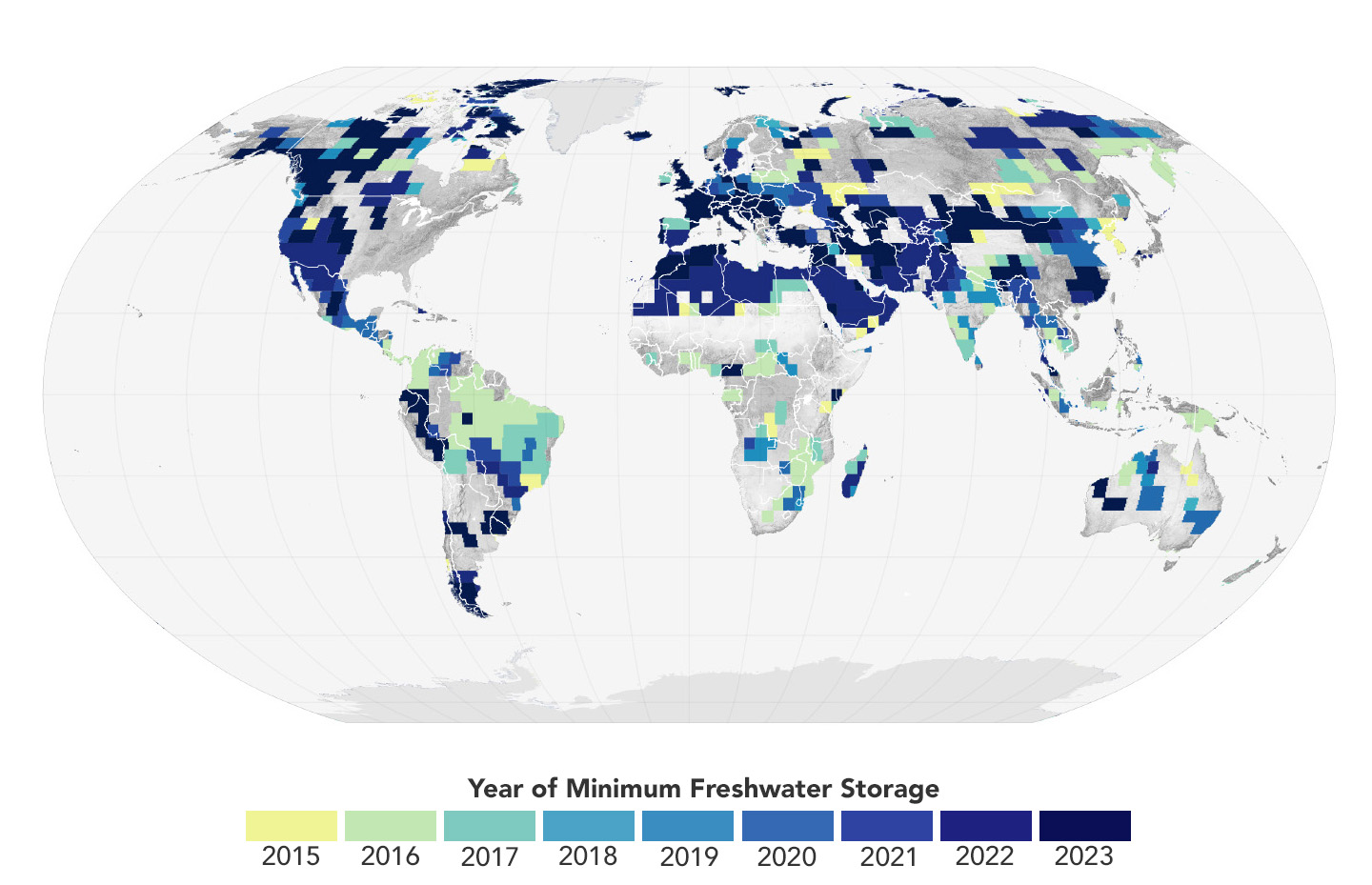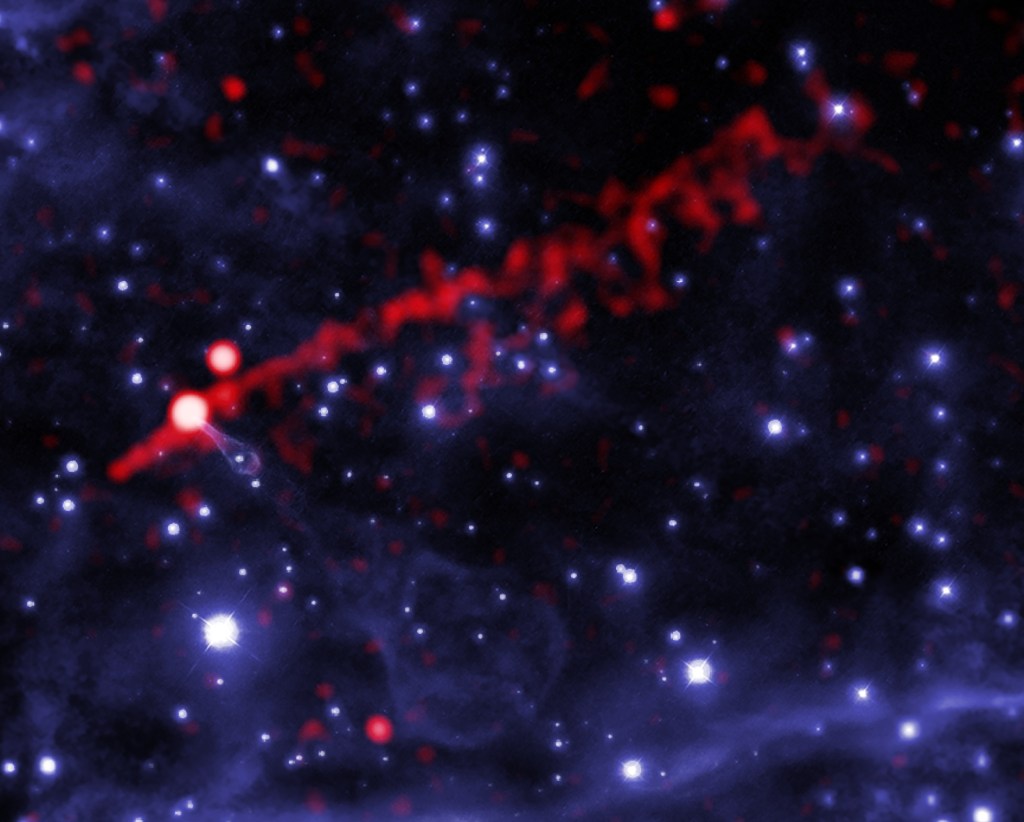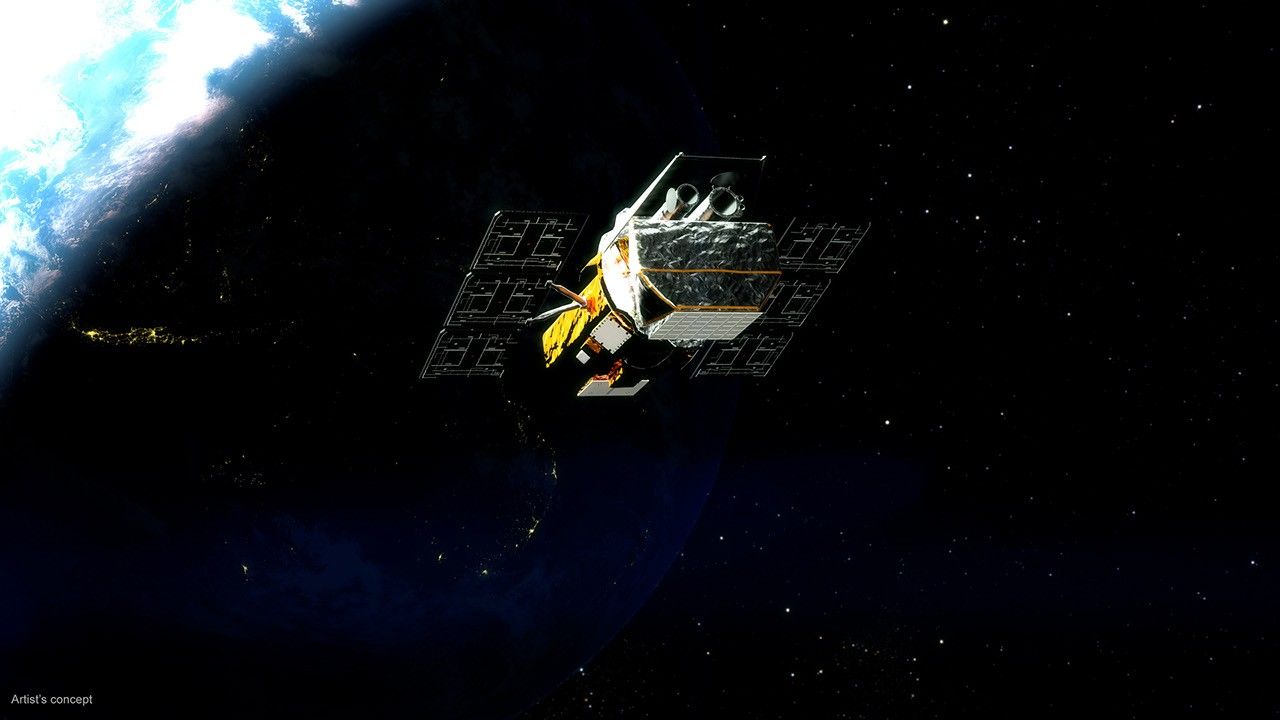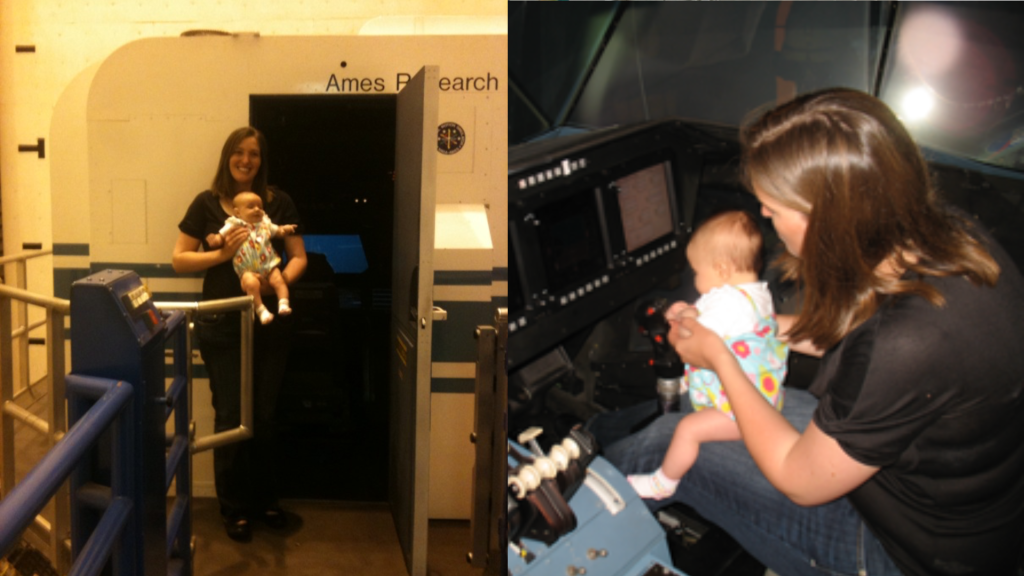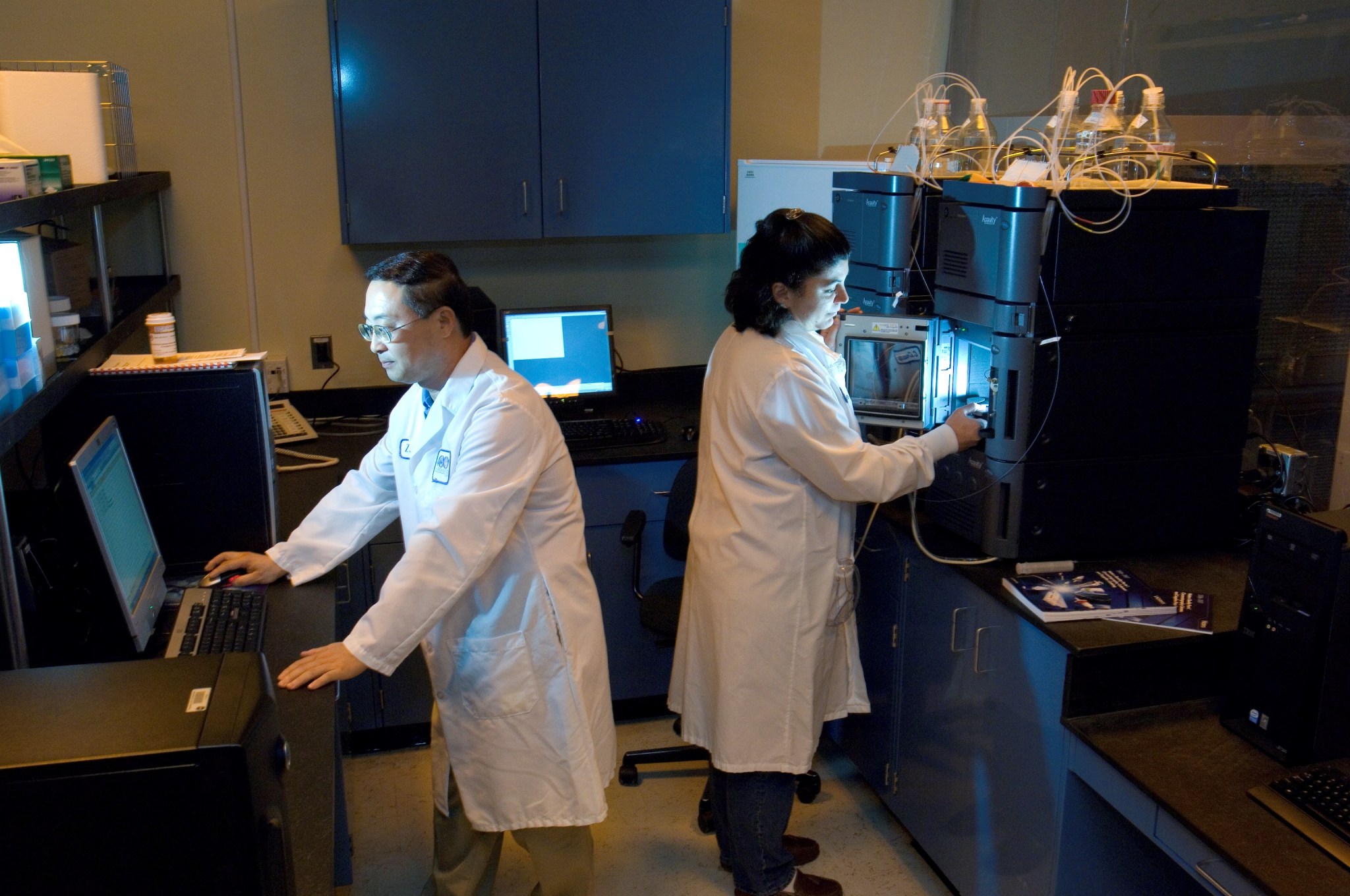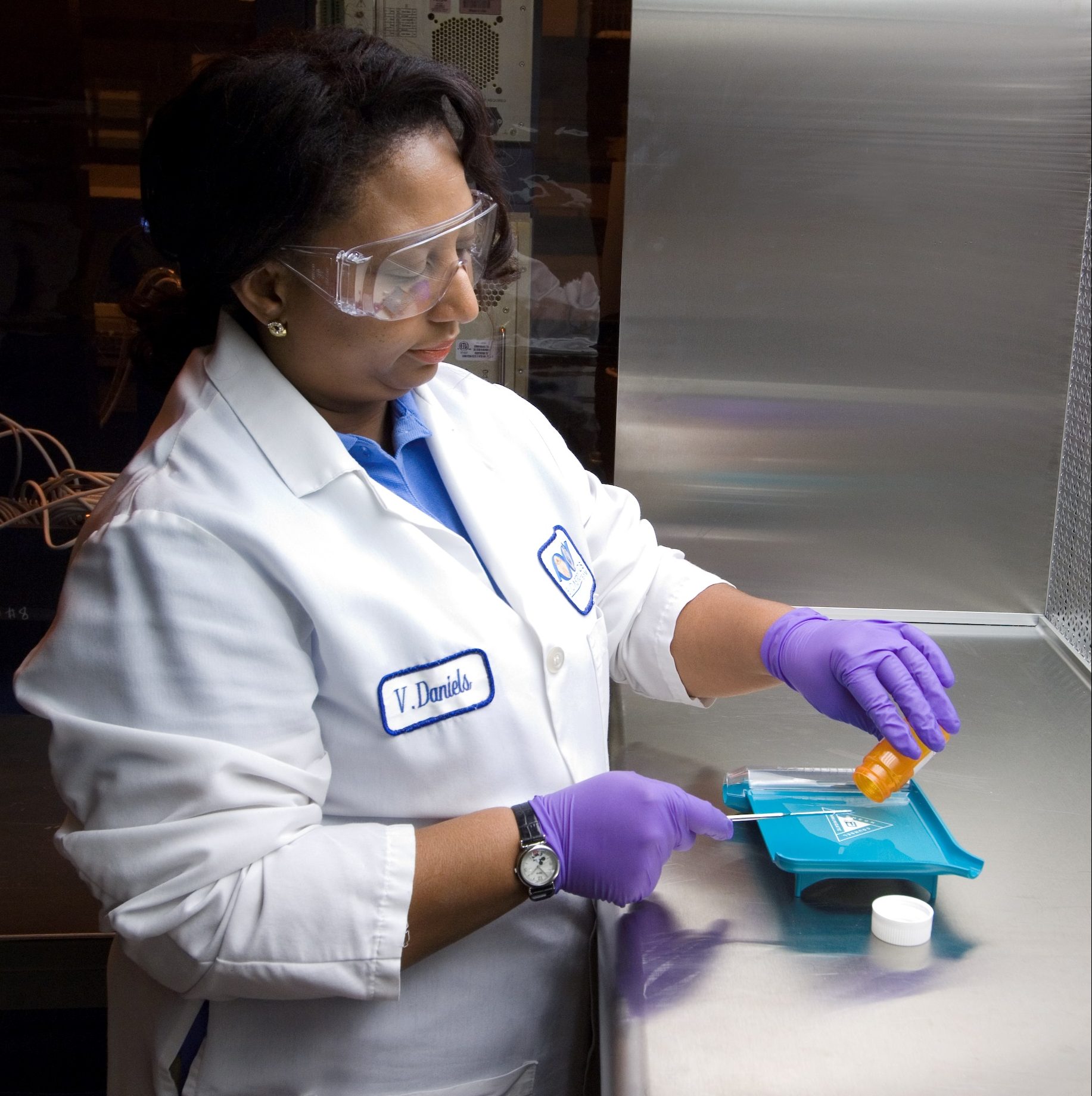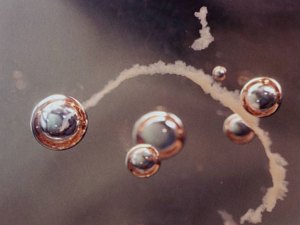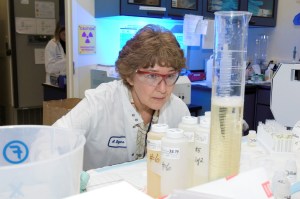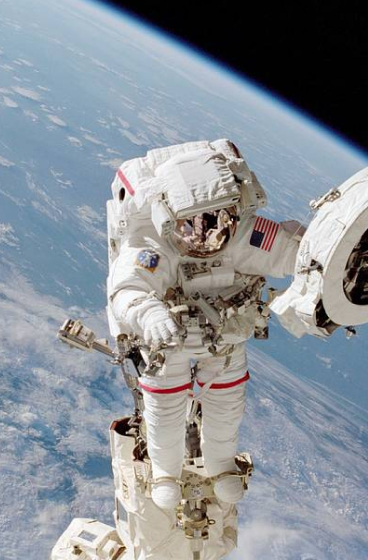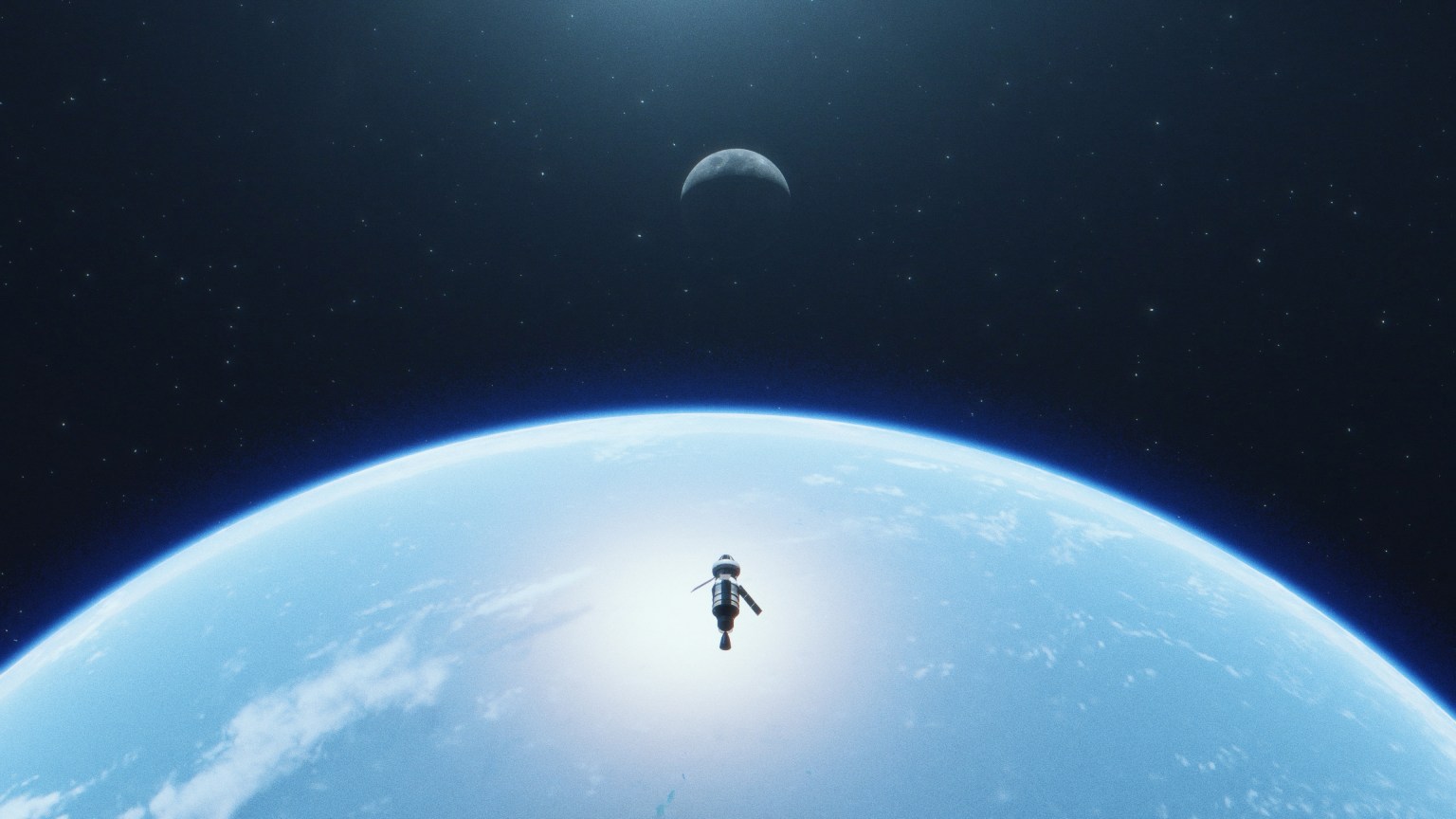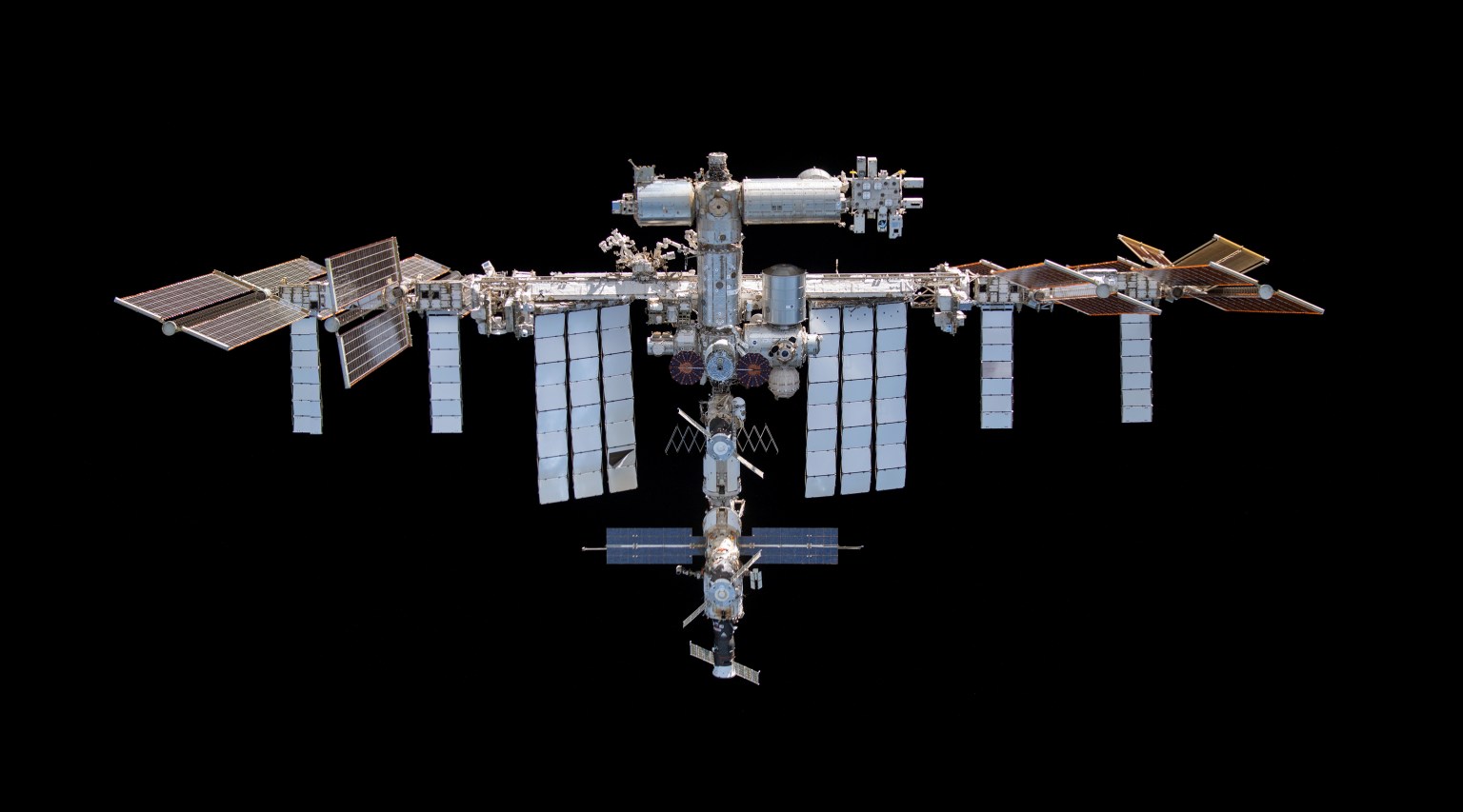Supporting Pharmaceutical Research for Spaceflight
Medications have been an integral part of space travel since the Apollo missions. Currently, medical kits aboard the International Space Station contain medications and supplies to help crew members manage a variety of possible medical events. Therapeutic effectiveness and safety of pharmaceuticals for future exploration spaceflight missions are critical to successful NASA medical operations. As spaceflight mission length and distance expands; concerns grow regarding medication safety and effectiveness. Early research has suggested that the spaceflight environment may diminish the potency and quality of some pharmaceuticals. Therefore, continued monitoring and empirical measurements are warranted to characterize this potential risk anticipated with long-duration planetary missions.
The Goal: Safe and Effective Medications for Our Astronauts
The Pharmacotherapeutics Laboratory is an integral resource to assist with identifying optimal pharmaceutical solutions and therapeutic strategies aimed at enabling successful space medical operations. Pharmacotherapeutics Laboratory capabilities include access to expertise in pharmaceutical research, toxicology, regulatory sciences, investigational and clinical pharmacy consultation, dosage form design, delivery, performance, and pharmaceutical stability analyses and assessments. The Pharmacotherapeutics Laboratory also offers access to a variety of analytical workspace and state-of-the-art equipment options including environmentally controlled drug storage chambers, liquid chromatography systems, mass spectrometers, friability and hardness testers, and a host of other laboratory supplies and bench-top equipment.
Expert Collaboration Opportunities, State-of-the-art Facility, Cutting-edge Technology
The Pharmacotherapeutics Laboratory is equipped to foster collaborative research with pharmaceutical industry partners, academia, the military, and other NASA centers focused on novel pharmaceutical dosage forms and delivery systems, and strategies aimed at optimizing drug storage, packaging, and enhancing drug stability and shelf life to support missions to the ISS, the moon, or Mars.
Points of Contact
E. Spencer Williams, PhD, DABT
Vernie R. Coleman Daniels, MS, RPh
Cruz P. Torres





